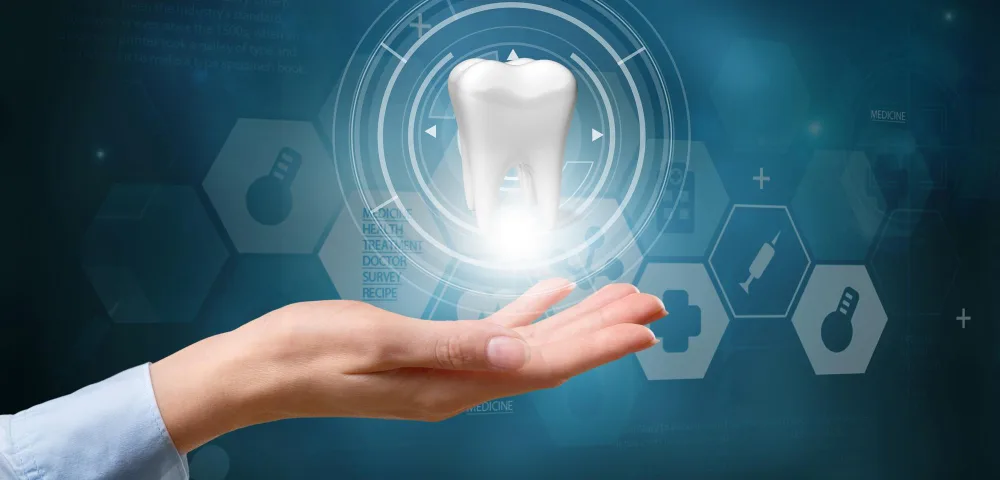Introduction
The digital transformation of healthcare has ushered in a new era where dental websites are becoming increasingly sophisticated through the integration of artificial intelligence. This technological advancement is revolutionising how dental practices connect with their patients, creating more meaningful and personalised online experiences that benefit both practitioners and patients alike.
The Evolution of AI in Dental Practice Management
Recent developments in artificial intelligence applications for modern dental practices have transformed the way dental professionals approach patient care and practice management. These innovations are not merely technological upgrades but represent a fundamental shift in how dental practices engage with their communities.
Personalisation Through Machine Learning
Modern dental websites are incorporating sophisticated machine learning algorithms that analyse visitor behaviour and preferences. This technology enables practices to deliver customised content and recommendations based on individual patient needs and browsing patterns. Harvard Medical School’s research on AI applications in dentistry demonstrates how these tools can significantly improve patient engagement and treatment outcomes.
Key Benefits of AI-Enhanced Dental Websites
- Improved patient scheduling and appointment management
- Personalised treatment information delivery
- Enhanced communication between patients and dental staff
- Streamlined administrative processes
- Better patient education and engagement
Transforming Patient Experience Through Technology
The integration of AI into dental websites has revolutionised patient experience by creating intuitive, responsive platforms that anticipate and address patient needs. Recent advancements in dental AI technology have enabled practices to offer virtual consultations, automated appointment reminders, and personalised treatment plans, making dental care more accessible and less intimidating for patients.
Smart Features for Enhanced Engagement
Modern dental websites are incorporating various intelligent features that help practices better serve their patients. These innovations include chatbots for instant response to patient queries, automated treatment plan generators, and sophisticated patient portals that provide secure access to dental records and treatment histories.
Implementing AI-Driven Solutions
The successful implementation of AI-driven solutions in dental websites requires a strategic approach that considers both technical capabilities and patient needs. Practices must ensure that these technological advancements enhance rather than complicate the patient experience, maintaining a balance between innovation and accessibility.
Best Practices for AI Integration
- Gradual implementation of new features
- Regular assessment of patient feedback
- Continuous staff training and development
- Maintenance of data security protocols
- Regular system updates and improvements
Future Developments in Dental Website Technology
The future of dental websites lies in even more sophisticated AI applications that will further personalise the patient journey. Emerging technologies such as predictive analytics and advanced diagnostic tools are set to transform how dental practices interact with their patients online, creating more efficient and effective healthcare delivery systems.
Privacy and Security Considerations
As dental websites become more sophisticated, the importance of maintaining robust security measures cannot be overstated. Practices must ensure that all AI-driven features comply with relevant data protection regulations whilst maintaining the confidentiality of patient information. This includes implementing secure payment systems, encrypted communication channels, and protected patient portals.
Maintaining Patient Trust
The success of AI-personalised dental websites depends heavily on maintaining patient trust. This requires transparent communication about how patient data is collected, used, and protected. Dental practices must strike a balance between personalisation and privacy, ensuring that patients feel comfortable with the level of automation and data handling involved in their online interactions.
Conclusion
The integration of AI-powered personalisation in dental websites represents a significant step forward in improving patient care and practice efficiency. As these technologies continue to evolve, they will play an increasingly important role in shaping the future of dental practice management and patient engagement. By embracing these innovations whilst maintaining a focus on patient needs and privacy, dental practices can create more meaningful and effective online experiences that benefit both practitioners and patients.
The continued development of AI-driven solutions in the dental sector promises to further enhance the capabilities of dental websites, leading to improved patient outcomes and more efficient practice management. As these technologies mature, they will become increasingly essential tools for modern dental practices seeking to provide the highest quality of care and service to their patients.



